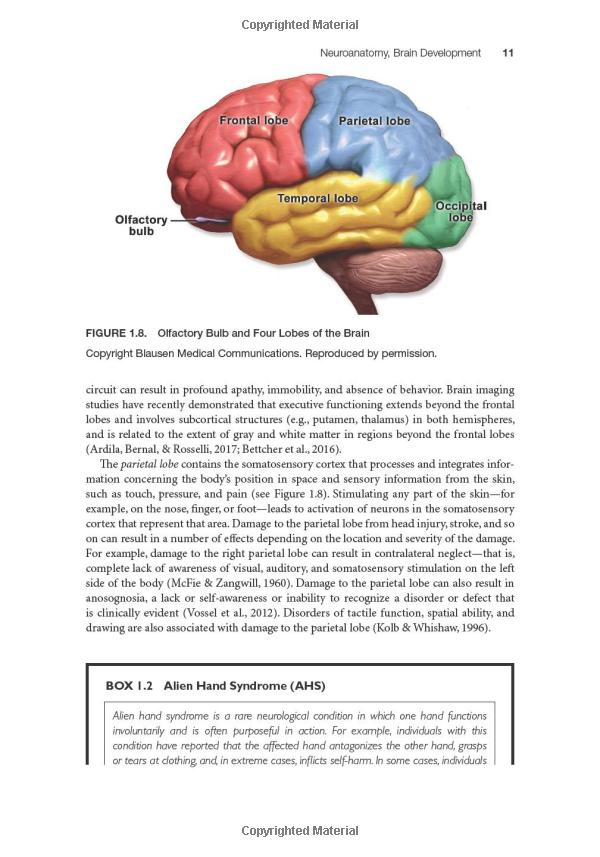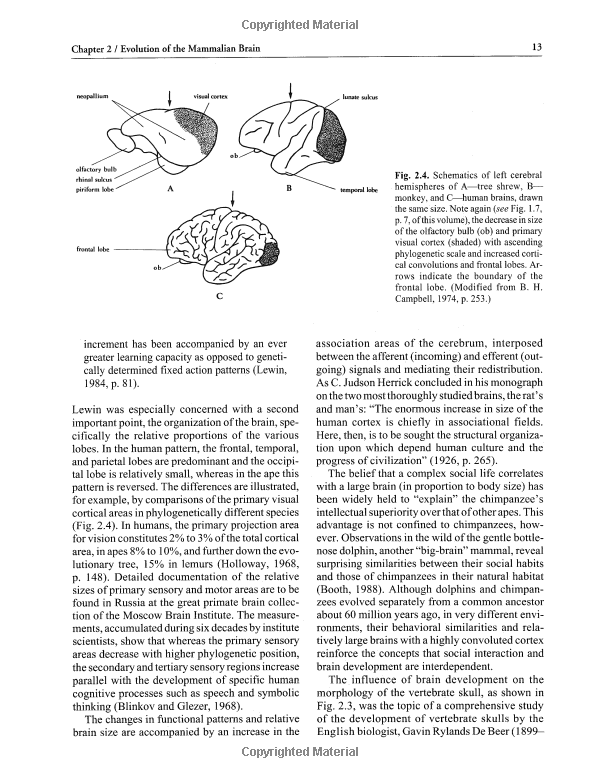Understanding the Definition of PET Scan in Psychology: Unveiling the Mysteries of the Human Brain
Positron Emission Tomography, commonly known as PET scan, is a revolutionary imaging technique that has transformed the field of psychology and neuroscience……
Positron Emission Tomography, commonly known as PET scan, is a revolutionary imaging technique that has transformed the field of psychology and neuroscience. The definition of PET scan in psychology refers to its application in visualizing and understanding brain activity by detecting the metabolic processes within the brain. This non-invasive imaging method allows researchers and clinicians to observe how different areas of the brain function during various cognitive tasks, providing invaluable insights into mental health disorders, brain injuries, and the effects of treatments.
A PET scan works by introducing a small amount of radioactive tracer into the bloodstream. This tracer is typically a form of glucose that emits positrons as it decays. Since the brain consumes glucose as its primary energy source, areas of the brain that are more active will absorb more of the tracer. The PET scanner then detects these emissions and creates detailed images that show the distribution of the tracer in the brain. This process enables psychologists and neuroscientists to visualize brain activity in real-time and understand the underlying mechanisms of behavior and cognition.

One of the most significant applications of the definition of PET scan in psychology is in the study of mental health disorders. Conditions such as depression, anxiety, schizophrenia, and bipolar disorder have complex neurobiological underpinnings. By using PET scans, researchers can identify abnormal patterns of brain activity associated with these disorders. For instance, studies have shown that individuals with depression may exhibit reduced activity in areas of the brain responsible for mood regulation, such as the prefrontal cortex and the amygdala. Understanding these patterns can aid in the development of targeted treatments and therapies.
Additionally, PET scans play a crucial role in understanding the effects of various psychological interventions. For example, researchers can use PET imaging to assess how cognitive-behavioral therapy (CBT) alters brain activity in individuals with anxiety disorders. By comparing PET scans taken before and after treatment, clinicians can observe changes in brain function that correlate with improvements in symptoms. This not only helps validate the efficacy of therapeutic approaches but also provides a roadmap for refining treatment methods.

The definition of PET scan in psychology also extends to the study of neurodevelopmental disorders, such as autism spectrum disorder (ASD). Researchers utilize PET scans to explore the differences in brain activity between neurotypical individuals and those with ASD. Findings have revealed variations in brain connectivity and metabolism in individuals with autism, contributing to a better understanding of the disorder's complexities and guiding interventions.
Moreover, PET scans offer insights into the aging process and neurodegenerative diseases like Alzheimer’s. By examining changes in brain metabolism over time, researchers can identify early markers of cognitive decline and develop strategies for intervention. The ability to visualize changes in brain function as individuals age is invaluable for both clinical practice and research, paving the way for advancements in treatment and prevention.

In conclusion, the definition of PET scan in psychology encapsulates a powerful tool that bridges the gap between brain activity and psychological phenomena. Its ability to provide real-time images of brain function has not only enhanced our understanding of various psychological conditions but has also opened new avenues for research and treatment. As technology continues to advance, the potential applications of PET scans in psychology are likely to expand, offering even deeper insights into the intricate workings of the human mind. Whether you are a researcher, clinician, or simply curious about the brain, understanding the definition and implications of PET scans in psychology is essential for appreciating the complexities of human behavior and mental health.